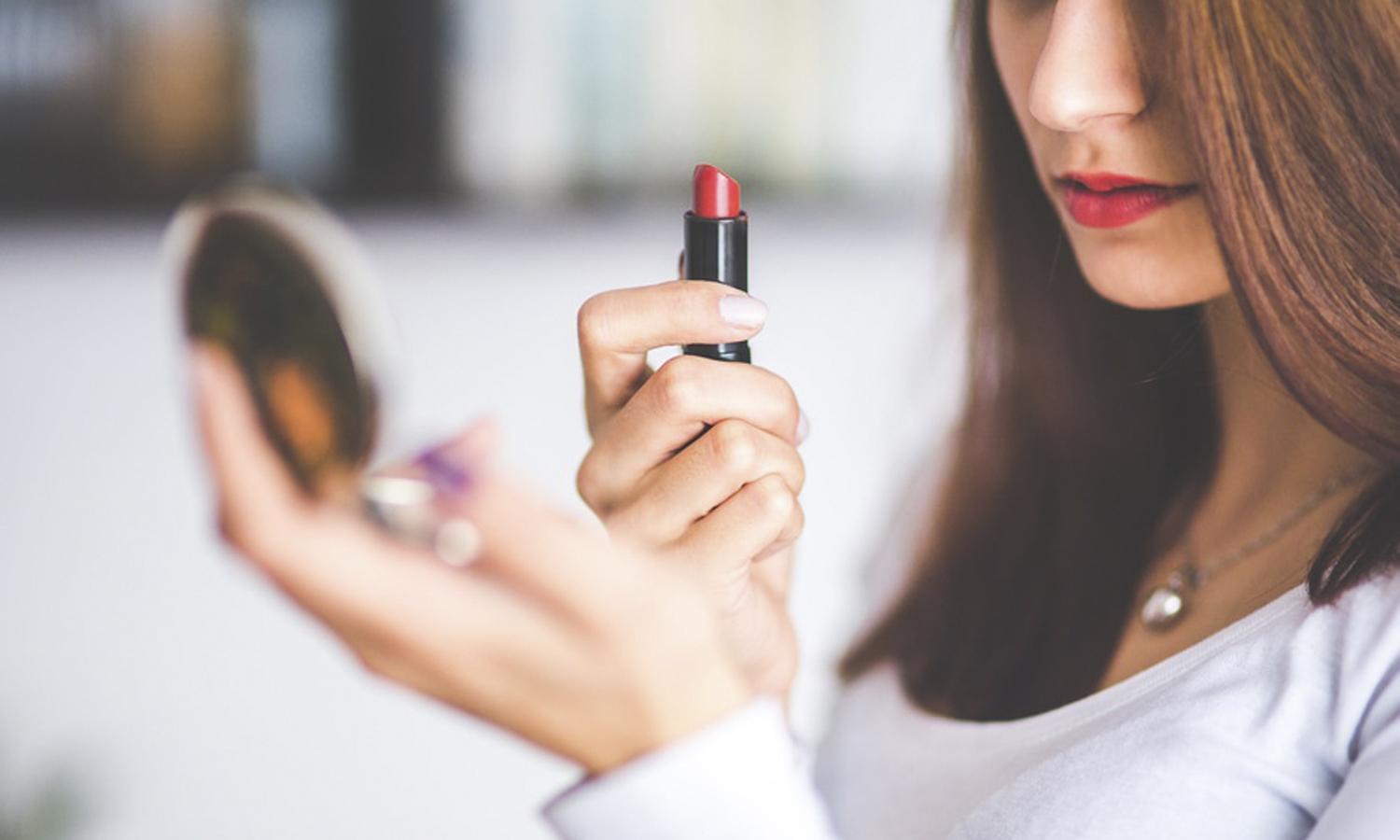A ding from her phone notified *Jane of a new Twitter post. She picked up her phone to see what was happening, and there she saw it. Another seemingly flawless picture of a girl with perfect hair, perfect clothes and ideal body proportions. She tapped on the heart to signify that she liked the picture, but later, as she began to compare the girl’s body in the picture to her own, there was no liking involved.
Since the increased use of social media, a decreased sense of positive body image has become more common among adolescent men and women.
“Going on social media, you are exposed to a constant stream of pictures of people who are seemingly flawless,” Jane said. “The pictures seem to have been taken at the perfect moment, and all we see is the perfect hair and the perfect body type. I see that, and I want to be like that. I want to be seemingly flawless, but I can never get it just right.”
Not only can worrying about one’s constant appearance lead to mental health problems such as anxiety and depression, but a prolonged sense of negative self image can further develop into mood disorders such as bipolar disorder and Body Dysmorphic Disorder. BDD takes the obsession with one’s personal appearance to a new level and can even become so severe that the victim refuses to leave their house in fear of being seen.
“I feel like everyone is the same way in that we point out the smallest flaws that seem major to us but to others are not noticeable,” Jane said. “[For example,] you might pick on the way your hair won’t shape correctly, but others will see you having a great hair day.”
Dissatisfaction with our own body image begins at an early age. Many factors go into what we like or don’t like about our own bodies, such as gender, race, age and the amount of social media we are exposed to. A study conducted by Westminister College found that women exposed to forms of media daily displayed lower levels of self-satisfaction, which could end up leading to weight anxiety and disordered eating patterns.
“Body image is primarily automatically associated with being a negative thing, but a lot about it is positive,” Nurse Elisa Watson said. “We are all made to look different, not be exact carbon copies of one another. You have characteristics that are unique to you, and that is what differs you from everyone.”
While we primarily associate body image with negativity, several aspects about our personal body image can be positive. Having a positive body image benefits your overall health, making you feel comfortable with your body without constantly worrying about calories or what the scale says. When you look in the mirror, point out things that make you like about your body that make you unique instead of focusing on all of the bad that you might see.
“Teens just have to stop being negative towards each other,” Nurse Watson said. “Even the little comments that you consider a joke might not be just a joke to them. Instead, be nice. It might make their day more than you think.”
Photo by Karolina Grabowska permission via PEXELS
*Name changed to protect privacy




